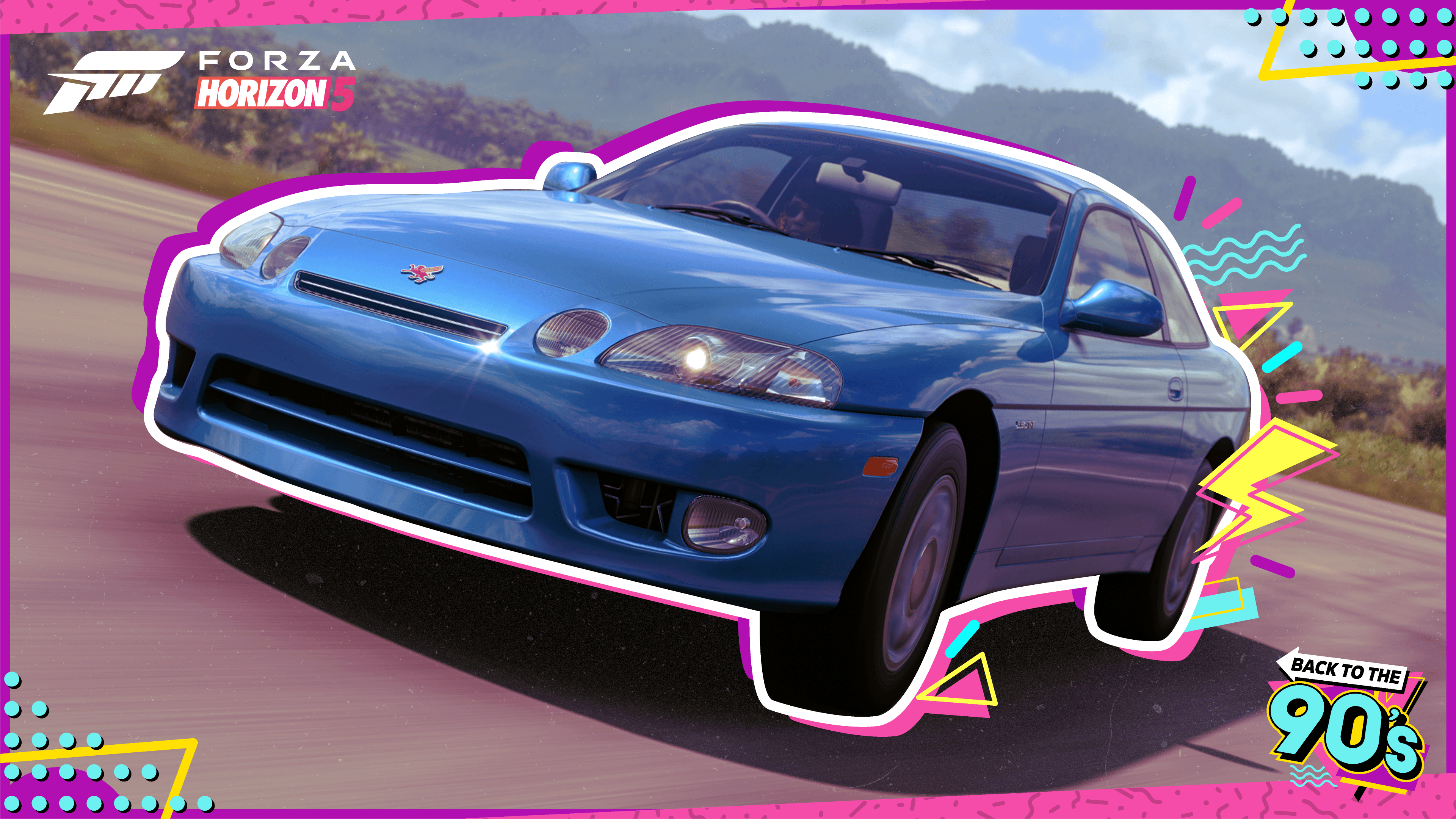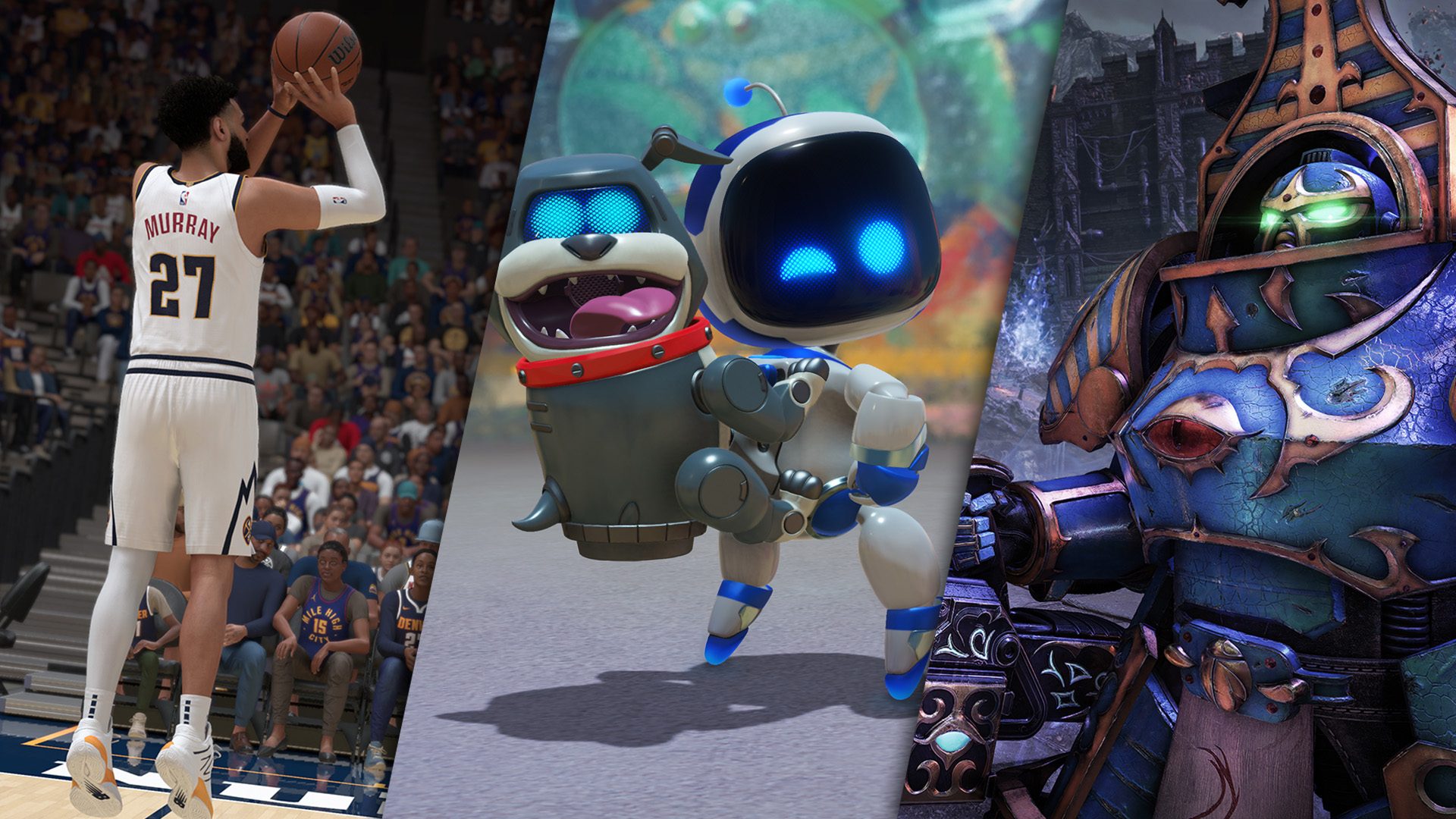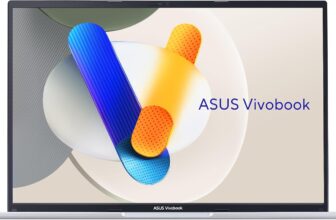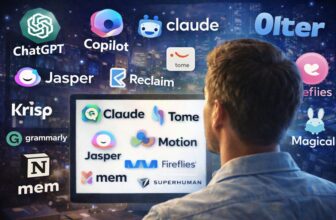
For you, how was the experience of working on the second entry different from the first?
Ayabe-san’s presence was a major difference. This time, his schedule didn’t allow for much involvement, so I took the lead. One thing I was very conscious of was not to create a copy of an Ayabe work. I wanted to honour his creative spirit, but at the same time, I needed to focus on pursuing something that I personally found fun and interesting. The game became a fusion of the original landscape in my memories and the essence of various entertainment works that influenced me growing up.
Were there any lessons learned from the first game that helped guide your vision this time?
It’s hard to pinpoint just one thing, but one key lesson was to avoid telling too many ‘lies.’ Of course, this game is fiction, but we built the setting and story as an extension of the everyday world where Shin-chan lives. One of our visions was to have only one major ‘lie’ or fictional structure, similar to a parallel world. This was something we prioritised in the first game as well, thanks to advice from the anime staff who have worked on countless Shin-chan projects.
Coal Town looks breathtaking. What challenges did you encounter translating the anime visuals to a 3D game environment? Was there anything from an art direction perspective you found difficult to achieve with cel-shading?
With Shiro and the Coal Town, like the previous game, we aimed to respect the traditional methods of Japanese TV anime production. We created the visual effect by layering cel-shaded 3D models, animated with unique motion control technology, over hand-drawn backgrounds. As you all know, Shin-chan has no front-facing expression. He is very shy and tries to hide his expression when he smiles. To replicate these unique traits with a 3D cel-shaded model, we developed special motion controls.
From a performance perspective, Coal Town feels significantly smoother on Switch than the last game, too. Could you talk about how the team achieved this?
We didn’t aim for a high frame rate like modern games do. This approach has been consistent since Me and the Professor on Summer Vacation because our goal was to replicate the texture of a TV anime.
In Japanese anime production, there’s a technique called “limited animation,” where about 8 pictures per second are used to express the movement of 24 frames. Originally introduced for efficiency, it’s also a factor that contributes to the unique movement and rhythm of Japanese animation. We tested 60fps in pre-production, but the smoothness felt unnatural, so we ultimately decided that around 30fps was the best fit.
You’ve worked with the Crayon Shin-chan property quite a bit now – what is it about the Shin-chan character and his world that you find personally appealing?
Shin-chan, the main character, and the others in his world live seemingly ordinary lives, but they are honest with their own values. They seem to enjoy living their lives. Who we resonate with among the characters depends on us, the audience, but tracing their positive, carefree way of life makes us feel happy too.
The Bokunatsu template seems to fit Shin-chan very well – do you think there will be further entries in this mould, or do you plan for the next Shin-chan game to be something totally different?
This isn’t entirely up to me, but if given the chance, I would like to continue working in this format. I also have ideas ready for when we can begin working on other titles, not just Shin-chan ones.
Having developed titles for both mobile phones and consoles, have you found much difference between working on the different platforms? Is there anything you miss about working on mobile projects?
Personally, I feel the difference is like TV and movies. Mobile games are easy to try out in a ‘channel surfing’ style, whereas console games feel more like something you bet on based on your preferences. Recently, games and movies alike are available through subscriptions, which has made it easier to pick and choose, though I find that a little sad.
Finally, what games have you been playing and enjoying recently, Switch or otherwise?
There are so many wonderful games released every day, so I’ve purchased many titles, but I don’t often get the chance to fully immerse myself in them. Recently, I’ve been taking my time enjoying The Legend of Zelda: Tears of the Kingdom.

Our thanks to Nagashima-san for taking the time to answer our questions. Shin chan: Shiro and the Coal Town launches on Switch eShop on 24th October — look out for our review nearer the time.
For you, how was the experience of working on the second entry different from the first?
Ayabe-san’s presence was a major difference. This time, his schedule didn’t allow for much involvement, so I took the lead. One thing I was very conscious of was not to create a copy of an Ayabe work. I wanted to honour his creative spirit, but at the same time, I needed to focus on pursuing something that I personally found fun and interesting. The game became a fusion of the original landscape in my memories and the essence of various entertainment works that influenced me growing up.
Were there any lessons learned from the first game that helped guide your vision this time?
It’s hard to pinpoint just one thing, but one key lesson was to avoid telling too many 'lies.' Of course, this game is fiction, but we built the setting and story as an extension of the everyday world where Shin-chan lives. One of our visions was to have only one major 'lie' or fictional structure, similar to a parallel world. This was something we prioritised in the first game as well, thanks to advice from the anime staff who have worked on countless Shin-chan projects.
Coal Town looks breathtaking. What challenges did you encounter translating the anime visuals to a 3D game environment? Was there anything from an art direction perspective you found difficult to achieve with cel-shading?
With Shiro and the Coal Town, like the previous game, we aimed to respect the traditional methods of Japanese TV anime production. We created the visual effect by layering cel-shaded 3D models, animated with unique motion control technology, over hand-drawn backgrounds. As you all know, Shin-chan has no front-facing expression. He is very shy and tries to hide his expression when he smiles. To replicate these unique traits with a 3D cel-shaded model, we developed special motion controls.
From a performance perspective, Coal Town feels significantly smoother on Switch than the last game, too. Could you talk about how the team achieved this?
We didn’t aim for a high frame rate like modern games do. This approach has been consistent since Me and the Professor on Summer Vacation because our goal was to replicate the texture of a TV anime.
In Japanese anime production, there’s a technique called “limited animation,” where about 8 pictures per second are used to express the movement of 24 frames. Originally introduced for efficiency, it’s also a factor that contributes to the unique movement and rhythm of Japanese animation. We tested 60fps in pre-production, but the smoothness felt unnatural, so we ultimately decided that around 30fps was the best fit.
You've worked with the Crayon Shin-chan property quite a bit now – what is it about the Shin-chan character and his world that you find personally appealing?
Shin-chan, the main character, and the others in his world live seemingly ordinary lives, but they are honest with their own values. They seem to enjoy living their lives. Who we resonate with among the characters depends on us, the audience, but tracing their positive, carefree way of life makes us feel happy too.
The Bokunatsu template seems to fit Shin-chan very well – do you think there will be further entries in this mould, or do you plan for the next Shin-chan game to be something totally different?
This isn’t entirely up to me, but if given the chance, I would like to continue working in this format. I also have ideas ready for when we can begin working on other titles, not just Shin-chan ones.
Having developed titles for both mobile phones and consoles, have you found much difference between working on the different platforms? Is there anything you miss about working on mobile projects?
Personally, I feel the difference is like TV and movies. Mobile games are easy to try out in a 'channel surfing' style, whereas console games feel more like something you bet on based on your preferences. Recently, games and movies alike are available through subscriptions, which has made it easier to pick and choose, though I find that a little sad.
Finally, what games have you been playing and enjoying recently, Switch or otherwise?
There are so many wonderful games released every day, so I’ve purchased many titles, but I don’t often get the chance to fully immerse myself in them. Recently, I’ve been taking my time enjoying The Legend of Zelda: Tears of the Kingdom.

Our thanks to Nagashima-san for taking the time to answer our questions. Shin chan: Shiro and the Coal Town launches on Switch eShop on 24th October — look out for our review nearer the time.






